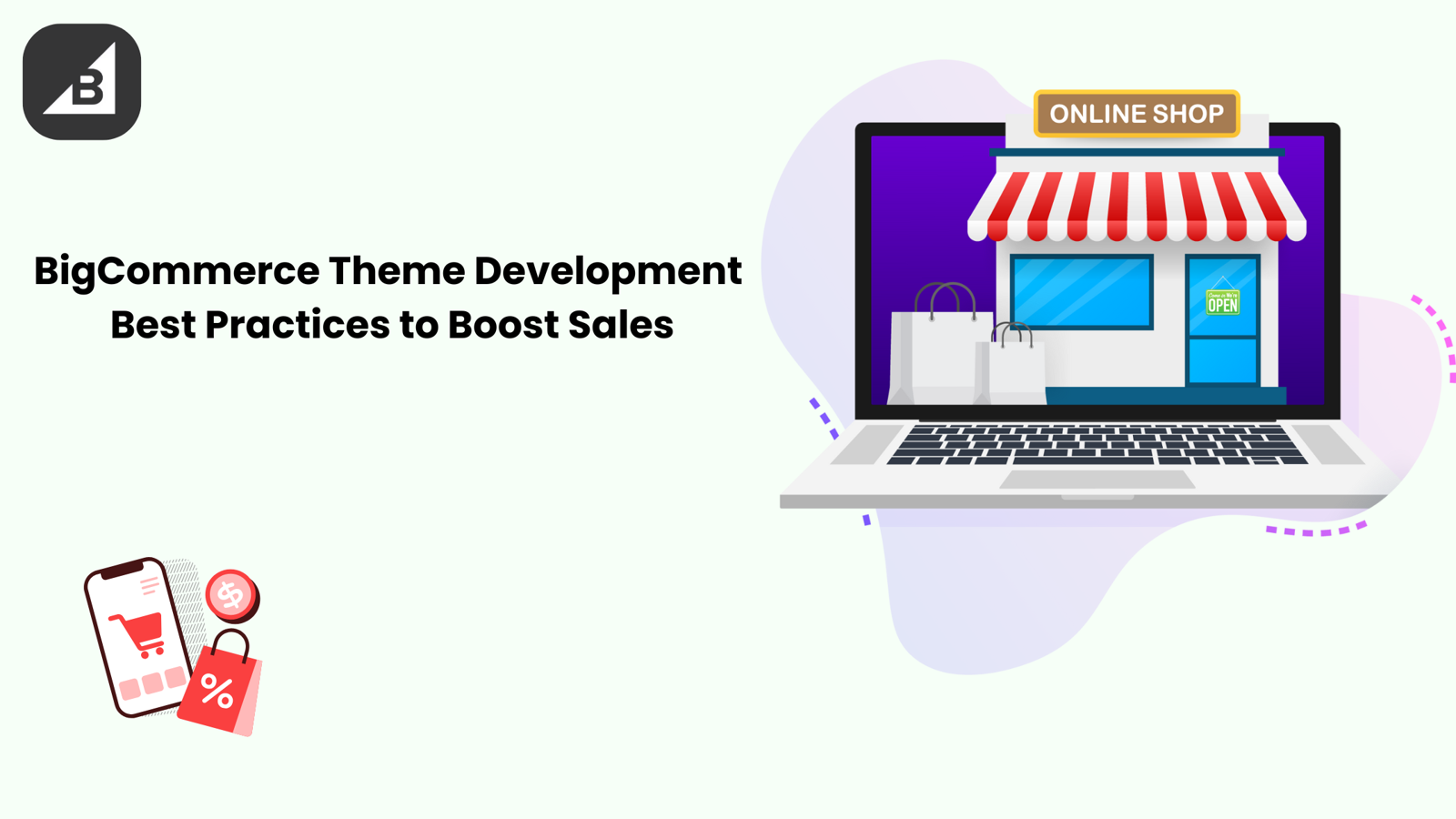
Ecommerce has revolutionized the retail landscape, allowing entrepreneurs to build businesses that can reach customers globally. With the rise of online shopping, many aspiring business owners are keen to explore this lucrative industry. However, one of the most pressing questions they often ask is, "How much do ecommerce owners make?"
This blog delves into the income potential of ecommerce owners, the factors influencing earnings, and insights from various business models.
Understanding Ecommerce Income
The income of ecommerce owners can vary significantly based on multiple factors. To provide a clearer picture, let's break down some of these influences:
Business Model: The type of ecommerce business model adopted can greatly affect income levels. Common models include:
B2C (Business-to-Consumer): This is the most prevalent model, where businesses sell directly to consumers. Examples include online retailers like Amazon and niche boutiques.
B2B (Business-to-Business): Companies in this model sell to other businesses. These often have higher transaction values and may lead to substantial profit margins.
C2C (Consumer-to-Consumer): Platforms like eBay or Etsy allow consumers to sell to one another. Earnings vary based on sales volume and product types.
Subscription Services: Businesses that offer subscription boxes (e.g., meal kits, beauty products) can generate stable income through recurring revenue.
Niche Selection: The chosen niche can impact profitability. Some niches, like electronics or fashion, may have higher sales volumes but also more competition. Conversely, unique or specialized niches may yield higher profit margins but could have lower sales volumes.
Marketing Strategy: Successful ecommerce businesses often invest heavily in marketing to reach their target audience. Effective digital marketing strategies, including SEO, social media, and paid advertising, can drive significant traffic and sales.
Operational Efficiency: How efficiently a business is run can also affect income. This includes everything from inventory management to shipping logistics. Reducing operational costs while maximizing sales can lead to higher profitability.
Sales Channels: The platforms used for selling can also influence earnings. Selling on established marketplaces like Amazon may provide access to a large customer base, but these platforms often charge fees that can reduce profits. Conversely, selling through a proprietary website may allow for higher margins but requires more effort in attracting customers.
Average Earnings of Ecommerce Owners
While income varies widely, several surveys and studies provide a glimpse into the potential earnings of ecommerce owners. According to a 2023 report from Shopify, the average annual revenue for small to medium-sized ecommerce businesses is around $300,000. However, this number can fluctuate based on the factors mentioned earlier.
Income Breakdown by Business Size
Small Businesses: Ecommerce owners running small businesses or startups can expect to earn between $30,000 to $100,000 annually in profit, especially in the initial years. Many small businesses take time to establish their brand and gain traction in their market.
Mid-Sized Businesses: Ecommerce owners with mid-sized operations may see annual profits ranging from $100,000 to $500,000. These businesses typically have more established customer bases and can leverage economies of scale to enhance profitability.
Large Enterprises: Large ecommerce companies or those that scale successfully can earn substantial profits. Many established brands report annual revenues exceeding $1 million. Some of the top players in the ecommerce space, such as Amazon, can generate billions in revenue, although their profit margins can be lower due to operational costs.
Factors Impacting Earnings
1. Startup Costs
Ecommerce businesses often have lower startup costs than traditional retail operations, but expenses can still add up. Key costs include website development, hosting fees, inventory purchase, marketing, and shipping. A well-funded startup with a solid business plan can lead to higher income potential.
2. Customer Acquisition
Gaining new customers can be costly, with many ecommerce businesses spending anywhere from 20% to 40% of their revenue on marketing. Finding cost-effective ways to acquire customers can significantly impact the bottom line.
3. Product Pricing
Setting the right prices for products is crucial. Too low, and you risk unsustainable profit margins; too high, and you may scare away potential buyers. Pricing strategies should reflect market demand, competitor pricing, and perceived value.
4. Economic Factors
The state of the economy can also affect ecommerce sales. During economic downturns, consumers may cut back on discretionary spending, which can impact revenue for many ecommerce businesses. Conversely, in booming economies, spending increases, leading to higher sales.
Real-Life Examples
To further illustrate potential earnings, let’s look at a few real-life ecommerce success stories:
A Fashion Retailer: A small online boutique specializing in eco-friendly fashion can generate about $150,000 annually after expenses. The owner started with a modest investment and leveraged social media to build a dedicated customer base.
A Niche Subscription Box: A subscription box service focused on gourmet snacks can achieve $500,000 in annual revenue after several years of consistent growth. The business capitalized on a unique niche and used effective digital marketing strategies.
A B2B Supplier: A B2B ecommerce company selling industrial equipment can easily surpass $1 million in annual revenue. By establishing relationships with larger businesses and focusing on volume sales, the owner achieved significant profit margins.
Conclusion
Ecommerce presents a myriad of opportunities for entrepreneurs, with earnings potential ranging widely based on various factors. While some owners may start with modest incomes, dedicated effort in marketing, operational efficiency, and customer relationship management can lead to significant financial success.
If you also want to make money through e-commerce and want to know how much does an ecommerce website cost, click here.
Ultimately, the question of how much ecommerce owners make depends on their specific business model, niche, and overall execution. For those willing to adapt and learn, the ecommerce landscape offers the potential for a rewarding and profitable career.














Write a comment ...